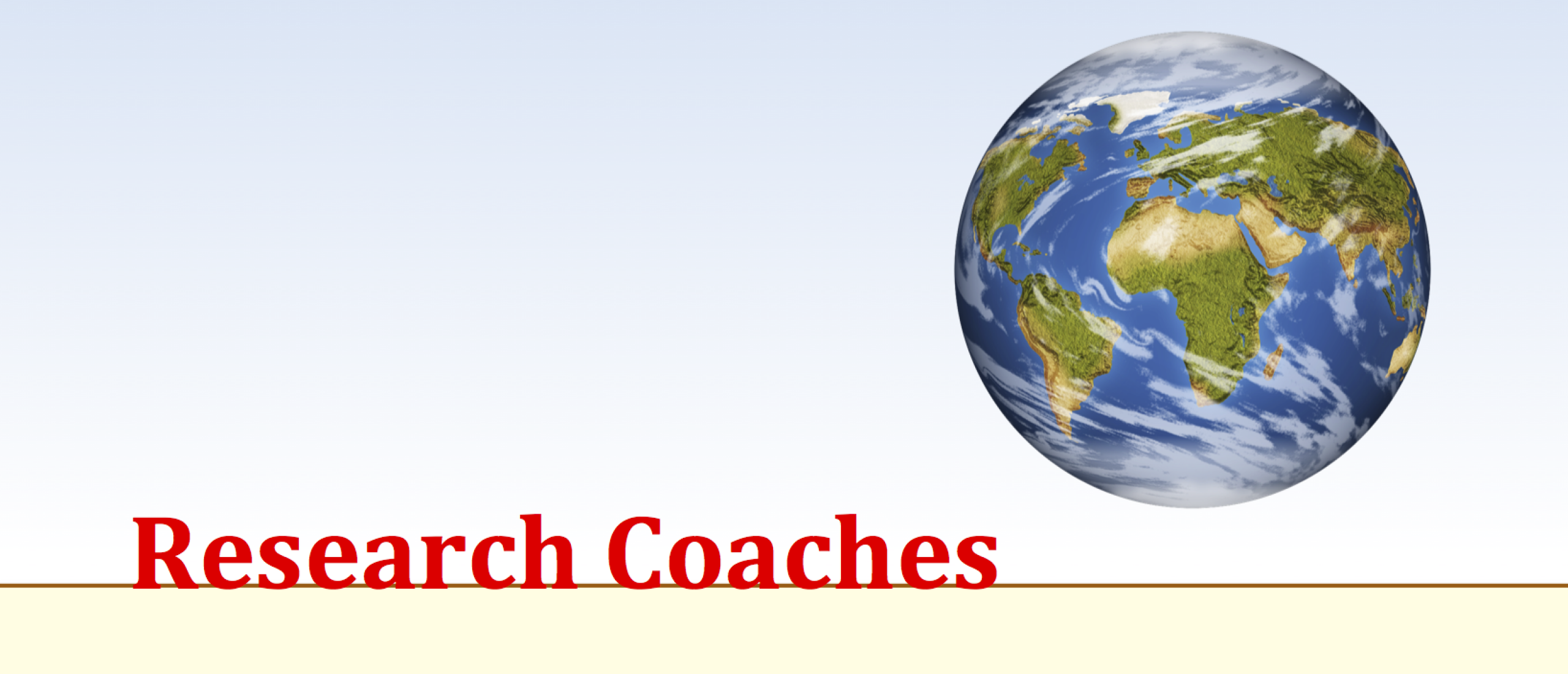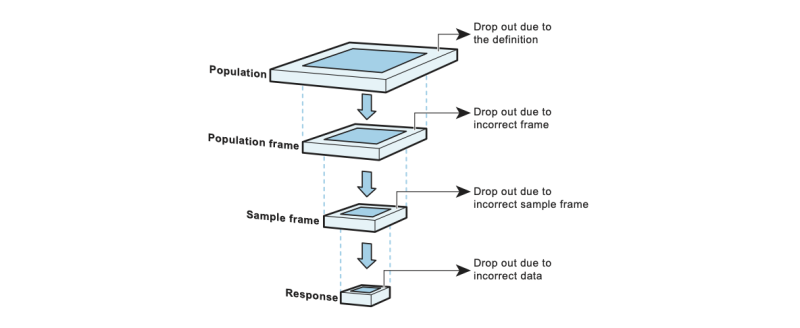
Population
The population is the group of elements (people, animals, objects) that the research is all about.
If the research is about people, then the research has to be done with people all over the world. This will hardly ever be the case. Most of all research is done with the people in a specific country. Now the population is defined as the people living in . Maybe even that is too big to apply to your research. Suppose your research is about the people living in a city. Now the population is defined as the people who live in . And maybe even that is too big to apply to your research. Suppose your research is about the grown up people living in a city. Now the population is defined as the people of 18 years or more who live in.
Why is it so important to define the population?
This has to do with the conclusions and implications of your research.
In a research in order to test side effects of a new medicine only young healthy adults can be asked to cooperate. The research outcome isn´t really applicable to the sick people for whom the medicine was made.
This may look strange to you, but this shortcoming is very often the reality. The failure that respondents don´t represent the population is known as a failure in external validity. This can be caused by agnosia or explicitly by ignorance. Agnosia is due to not well trained or not well-educated researchers, but ignorance is intolerable. (If you read this, I hope it will contribute to your education of becoming a well-trained researcher.)
Here are some real life examples. Formerly, in universities often studies were done with young healthy students and sometimes reported as a cross-section of human beings. Nowadays the research is done with more ordinary people.
A newspaper with a weekly questionnaire should not present the results as ‘the state of the country according to the inhabitants’. After a discussion with research experts the newspaper changed their headline and wrote more restrained about the outcome of their research.
How to define the population?
It is not so easy to define the population very well. When talking about the inhabitants of a city, then which people belong to it? Best of all, the population can be defined as the people who are traceable. Therefore you need a sample-list. On this list all people who are on this list are called the population. Though this looks good, it still has some shortcomings. Are they all the people registered in the community administration? Well, some people have a house in the city and are registered as inhabitant, but do not really live there. Other people do live in a house in the city but are not registered in the community administration. And what about homeless people and vagabonds? Do they belong to the population?
Furthermore the sample-list may change over time. People die, children become grown-ups. The sample-list is just a cross-section at a specific moment.

Final remarks
Now I hope it is clear to you to be reserved when presenting the results of a research as a general result which stands for unchangeable facts. Also aspects of representativeness and sample size are part of this topic. Learn more about this in our papers.



